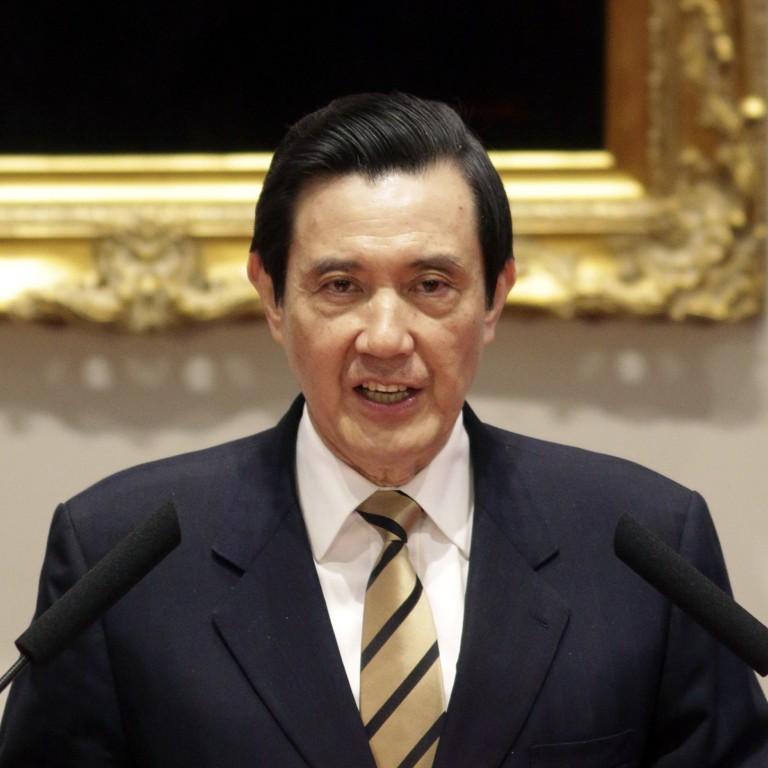
Taiwan can play peacemaker in South China Sea disputes
Frank Ching says China's strained ties with its neighbours over South China Sea claims give Taiwan an opportunity to make peace
An increasingly assertive China, simultaneously confronting several of its neighbours in East Asia, is turning to an unlikely source for support: Taiwan. Last week, Beijing called on Taipei for cooperation on the South China Sea, saying the two share a responsibility to safeguard Chinese sovereignty and territorial integrity.
The mainland evidently hopes to strengthen its position while binding Taiwan more closely to a "one China" stance.
In a way, this is logical since Beijing's territorial claims stem from those of the Republican government, which the Communists defeated in a civil war and whose successors today constitute the government of Taiwan.
Although Taiwan has rejected Beijing's proposal, the island is now in a position to wield influence disproportionate to its size. This is a chance for Taiwanese President Ma Ying-jeou to do what he wants: to "play a regional role as a peacemaker", as he put it last month in a video conference organised by the Centre for Strategic and International Studies.
Asked if Taiwan could play a role "in the peaceful management" of South China Sea disputes, Ma responded that the spirit of his "East China Sea Peace Initiative", unveiled in 2012, could apply.
His idea is that claimants should shelve sovereignty disputes and share economic resources. By adopting this approach, Ma was able to reach an accord with Tokyo last year relating to the Japanese-controlled Senkaku Islands, which Taiwan also claims and calls the Diaoyutai. Under the agreement, fishermen from both sides can operate in waters around the disputed islands, without either side abandoning its sovereignty claim.
Ma's initiative is similar to what Deng Xiaoping proposed some 35 years ago: shelve sovereignty disputes but jointly develop resources.
Even today, it would not take much, in theory, for the mainland to align its position with that of Taiwan. Only last week, the said Beijing was willing to shelve disputes, maintain the status quo and "negotiate about issues related to maritime resources and implement the policy of joint development".
In practice, of course, it is difficult to square that position with recent events. China and Japan agreed in 2008 to jointly develop natural gas deposits in the East China Sea but nothing came of it.
China's "nine-dash line" in the South China Sea also gives Taiwan an opportunity to be a peacemaker, since the line stems from the Republican government in the 1940s. The Ma administration may state its view on the significance the line, issued when many Southeast Asian countries were not yet independent, and before the United Nations Convention on the Law of the Sea came into force in 1994.
This may be difficult since Taiwan itself is a South China Sea claimant and holds Taiping Island, the largest of the Spratlys group. But this is Ma's chance to differentiate himself from mainland China and be a peacemaker. While Taiwan's views may not bind the mainland, they will carry weight.

